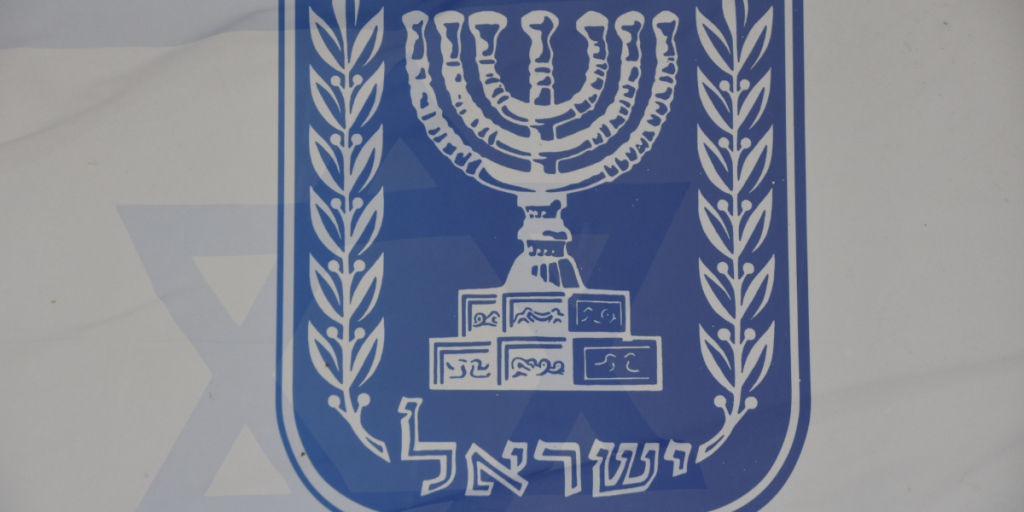Sweden’s surprise announcement that it will (at some undetermined future juncture) recognize a “Palestinian state” contradicts basic tenants of its foreign policy, and imperils Stockholm’s cherished stance as a benevolent, neutral promoter of human rights.
For the “Palestine” recognition question is not the only one Swedes have wrestled with in recent years. Sweden has long been a supporter of Western Saharan independence, and one of Europe’s strongest critics of Moroccan occupation. It has seen its vocal support of the Sawahari people as an integral part of its national identity as a champion of human rights and oppressed people. Its strong support of Sawahari independence is particularly notable in that it has at times conflicted with EU policy, which, while not recognizing Moroccan annexation, in practice has an accommodationist policy.
Sweden’s Foreign Minister Carl Bildt has specifically called the territory one that is under occupation and must be independent according to a 1975 International Court of Justice ruling. Several Swedish political parties have recognition as part of their official platforms.
Western Sahara, a former Spanish colony, was invaded by Morocco in 1975, annexed, and occupied ever since. The Security Council and General Assembly have both condemned Moroccan occupation, which human rights groups show has been devastatingly brutal to the native Sawahari people.
The Sawahari Arab Democratic Republic (SADR), as the Polisario-led regime of the native Saharans is called, currently has diplomatic relations with 40 countries, and even operates embassies in 18. It also has complete control of 25 percent of the territory of Western Sahara, which it secured in a long guerrilla war against Morocco.
Western Sahara is a live issue in Swedish politics – Stockholm came close to recognizing it as an independent state just two years ago. A majority of Parliament voted up a resolution to recognize SADR. The government refused on the grounds that it would violate international law and the traditional Swedish position on recognition, because SADR is not functionally independent and does not control the territory. One can’t be occupied and independent. Indeed, SADR is a stronger case for recognition because it does actually control territory, whereas in the Swedish view, the Palestinians are occupied in 100% of their territory.
Sweden’s position on Western Sahara also stressed the need that recognition neither proceed nor preempt a process between SADR and Morocco – a process that is not happening, not on the horizon, and has no chance of success given Morocco’s adamant opposition to anything other than a one-state solution.
Thus in recognizing “Palestine,” Sweden violates its own, entirely normal view of international law – that there cannot be recognition before actual independence. On the other hand, perhaps the new government has changed its view on international law, and thinks that recognition as a state no longer requires territorial control by the recognized entity. But in that case, recognizing “Palestine” but not SADR is obviously insincere and hypocritical. Unless the changed policy results in recognizing SADR, it represents nothing but a purely political attack on Israel, rather than an implementation of a coherent policy.
Sweden has framed its recognition move as part of its broader policy of standing up for the underdog, an excuse recently parroted by former MK Rabbi Michael Melchior. But given that the new ruling party has long had a policy of recognizing SADR – and not “Palestine” – the sudden jumping the gun on the other, can only seem to be pandering to faddish European sensibilities, rather than an implementation of their government’s own previously declared sense of justice.
Indeed, the lack of principle gives support to claims that Sweden is primarily motivated by the large number of Arab immigrants rather than high principle. (Presumably, like the Arab League, they would support the Arab regime in Rabat over the self-determination claims of the black African Sawahari.) That is not something that Israel can influence, and thus this would only serve to limit the seriousness with which Swedish positions are taken in Jerusalem.
Of course, if Stockholm were to recognize SADR – or ultimately not recognize “Palestine” – its foreign policy would then satisfy the high pretensions of fairness and integrity to which it strives.



